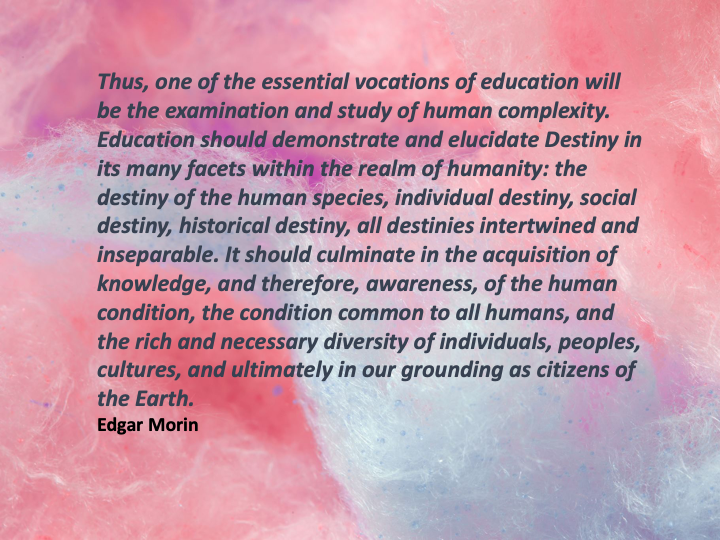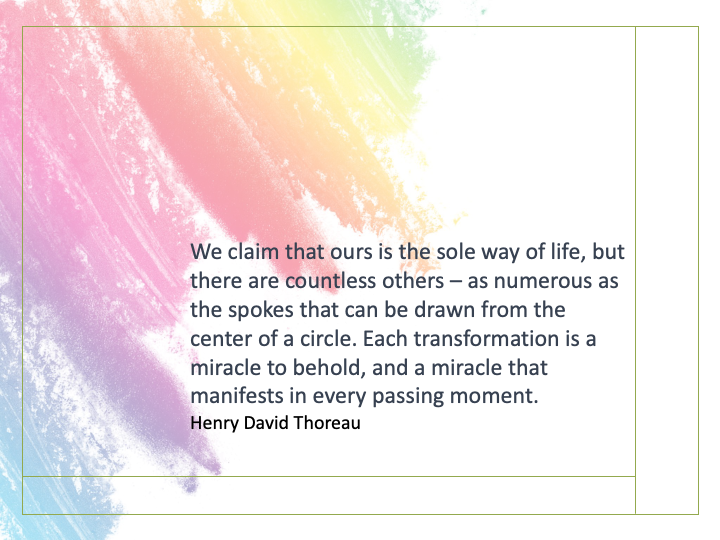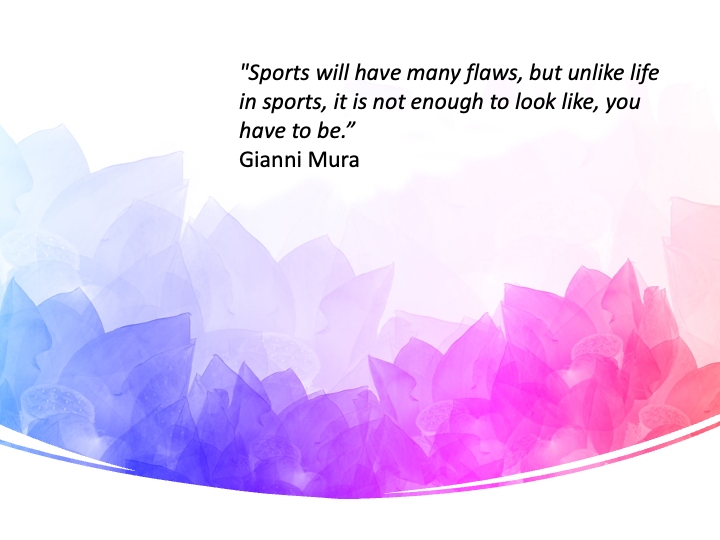Monthly Archive for August, 2023
We know that “you can win by losing if you give it your all.” It is a key concept in the development of an athlete and should be taught from the very first day a boy or girl enters a playing field. On the contrary, we see young people who as soon as they make a mistake become angry with themselves or depressed. We know that this happens because of the conjunction of different reasons:
- parents often do not recognize the value of effort and think that it only matters to win, so they get angry at their children for their mistakes and would like to take the place of the coach to give them technical guidance,
- coaches are more focused on teaching technique and do not emotionally coach athletes,
- young people themselves are unable to express their emotions constructively and lack self-control,
- social media obsessively push fake but appealing models of success to young people (beauty, fitness, success if you match the rules that influencers propose)
And so we see young tennis players slamming their rackets to the ground after a mistake alternating between angry and depressed moods against themselves or in other sports made one mistake almost quickly follows others, because frustration due to the first mistake dominates in athletes. Changing this way of experiencing defeats and mistakes requires parents and coaches who are more aware that their role includes teaching self-control, working with their children and athletes to change these destructive behaviors.
One certainly does not have to impose our adult solutions to their problems. We need to listen empathetically and not to judge, so that young people feel supported and respected in their states of mind. Only after this stage should we start talking about what could be done differently, giving time for the young people to express their ideas and for us to stimulate their awareness in regard to how they act and identify possible solutions. Acting in this way takes time, and it is often for this reason that adults do not follow this path.
We need to be aware, however, that if we often refrain from intervening, young people will begin to think that their reactions do not interest their parents and coaches, and worse, they will continue to behave negatively toward themselves. If we want our young people to develop the ability to deal effectively and satisfactorily with their daily stresses, we must spend time teaching them how to behave, feel and think in those moments.
Petersen, B., Schinke, R.J., Giffin, C.E., Larivière, M. (2023). The Breadth of Mental Ill-Health Stigma Research in Sport: A Scoping Review. International Journal of Sport Psychology, 54(1), 67-90.
Mental ill-health affects athletes at prevalence rates similar to the general population, despite beliefs that athletes are protected by highly physically active lifestyles. Though discussions of stigma are ubiquitous within sport, the research landscape on mental ill-health stigma in sport is unclear. Consequently, we conducted a scoping review overviewing the extant literature and researchers’ approaches to stigma in sport. We collated data from 68 articles and provided interpretations of the emergent trends. Researchers have primarily focused on athlete help-seeking and mental health literacy in relation to stigma. Additionally, future research should clarify the type of stigma under study and explore structural stigma, which remains a significant literature gap. Finally, shifting toward open-ended and inclusive research methodologies can centralize participants’ involvement, incorporating their experiences and leading to progressive understand- ing of mental ill-health stigma. Our findings present future research directions and research suggestions to expand mental ill-health stigma in sport research.
Stigma isthe devaluation of an individual based on a characteristic they possess or are believed to possess.
As a result, athletes indicate that stigma attached to mental ill-health is one of the biggest barriers to help-seeking behaviours, inhibiting athletes’ utilization of mental health services as they seek to prevent any stigma-related repercussions. Athletes’ unwillingness to access mental health 230 services to avoid stigma may lead to ongoing performance detriments or exacerbation of mental ill-health; subsequently, the effects of stigma on help-seeking behaviours feature prominently in sport psychology stigma research.
Sports follow a simple and clear rule that climbing the world and national rankings means emerging victorious by comparison with those who have a better ranking at that time. In other words, you improve your ranking by beating those ahead of you in the rankings .
Many athletes do not have this awareness and, instead, experience the comparison with those better than them at that moment as bad luck or something that should not happen. The lack of this mentality is a major limitation that must be overcome or it will be difficult to build a successful and personally rewarding sports career.
Obviously, to win you have to put that idea aside and focus on what you want to do to express your competitive qualities to the best of your ability in that race. This step is not easy and should never be taken for granted. It must be a specific goal each time that you set yourself, aware of the difficulty you are going to face. Sometimes athletes are blinded by the possibility of winning or think that since they feel fit they will deliver a winning performance.
In this way they do not prepare themselves for the difficulties that the race may hold in store for them, and this too often leads them to not accept mistakes and to find themselves in trouble. Wanting to win is a powerful thought but one must always know that it will not be easy and that the difference in the end will be in how they accepted and reacted to the mistakes.
The question that coaches and athletes should answer is: how willing am I as an athlete to act in this way and in the case of coaches how often have I coached to overcome these obstacles?
It is being referred to as a historic turning point in the world of Italian soccer officiating, with the appointment of Daniele Doveri, a referee from the Rome region, to officiate the Roma vs. Verona match.
This definitively breaks the rule that an official could not referee the team from the city where they live and work.The preference for a soccer referee who does not come from the same city as the teams they officiate is primarily linked to two main reasons:
Presumed neutrality: Referees must be impartial and neutral in making decisions during a soccer match. However, geographical ties to a city or team could raise potential concerns about the referee’s neutrality. If a referee hails from the same city as one of the teams on the field, there may be concerns that they could be influenced by external pressures or have a predisposition in favor of the team from their hometown. To ensure a greater perception of neutrality, many prefer referees from other regions or cities.
Avoiding conflicts of interest: Referees must avoid any conflicts of interest that could compromise the integrity of the game. If a referee is tied to a team or city, suspicions of favoritism or bias in their decisions may arise. To avoid such situations and ensure that matches are judged impartially, it is often preferred to assign referees with no geographical or personal ties to the involved teams.
However, it is important to note that there are significant arguments supporting the idea that the experience and competence of a referee should be the most important factors in their selection, regardless of their geographical origin:
Professionalism and preparation: The referee must be a highly prepared professional with a deep understanding of the rules of the game, match management, and the ability to make quick and accurate decisions. Technical competence is crucial to ensuring fair and trouble-free matches.
Consistency: An experienced referee tends to be more consistent in their decisions. This is important for players and coaches who want to know what to expect from a referee in terms of rule enforcement. Consistency in officiating contributes to a fairer playing environment.
Emotional maturity: Experienced referees often have better emotional maturity and the ability to handle pressure during a match. They are less susceptible to provocations and emotional reactions from players and coaches, which helps maintain control on the field.
Impartial decisions: Neutrality and impartiality are fundamental for a referee. Even if a referee is from the same city as one of the teams, it does not automatically mean they will be biased. Professional referees are obligated to make decisions based on the rules and not personal preferences.
Continuous training: Experienced referees often undergo continuous training to stay updated on rules and best refereeing practices. This helps maintain and improve their skills over time.
Objective evaluation: Referees are evaluated based on their on-field performance. This evaluation should be based on their skills and abilities, not their geographical origin. This ensures that only the most competent referees are assigned to the most important matches.
Soccer development: For the development and growth of soccer in a particular area, it is important to promote and develop competent local referees. However, these referees should be selected based on their skills and not solely on their geographical origin.
In summary, the experience and competence of the referee are crucial for the quality of soccer matches and the perception of fairness in the game. If a referee can demonstrate these qualities, their geographical origin should not be a determining factor in their selection to officiate matches.
Certainly, officiating one’s hometown team is just an additional source of pressure, alongside the other challenges of refereeing. As always, and fortunately, it depends on the human being, regardless of the role, to effectively manage these situations. The important thing is not to behave like those parents who treat their own children worse in order not to appear biased in the eyes of others.
Sole che il vento accoglie
Romanzo di Massimo Oliveri
Edizioni Vallescrivia, p.109, giugno 2023

L’azione di correre contiene in se stessa gli elementi che costituiscono questa storia scritta da Massimo Oliveri. Il tempo è una dimensione chiave di questo romanzo che narra la storia di Pietro Bosa. E’ presente non solo nello scorrere delle singole giornate in cui è organizzato il libro ma ritorna anche negli episodi della sua vita. Correre si può fare da soli e per Pietro è una pratica epica ed eroica che gli permette di dimenticare per un po’ quello che non gli piace della sua vita. Correre è un modo per darsi il tempo di conoscersi, ma anche nella corsa come nella vita vive la contraddizione da una parte di volere accettare il proprio ritmo e dall’altra di non essere capace di concedersi questa opportunità. La corsa è, quindi, solitudine in cui come si dice Pietro ricordando le parole di Jesse Owens hai a disposizione “solo il coraggio dei tuoi polmoni”.
E’ una narrazione che si svolge con un passo veloce. I ricordi di Pietro si susseguono rapidamente come in un sogno, in cui gli episodi della sua vita lo incalzano senza tregua e con esiti in larga negativi. La fine del romanzo con la morte improvvisa di Pietro durante un allenamento è determinata da un malore fisico ma mette in evidenza ciò che Freud definiva come la caducità della vita. Infatti, a una persona apparentemente sana come un runner che si appresta a correre 21km, il destino ha deciso per quel giorno di venire a chiedere il conto di una vita insoddisfacente e alla ricerca costante di un luogo a cui appartenere senza averlo trovato se non per brevi momenti.
E’ una storia da leggere ed è di grande attualità in un periodo in cui i social ci spingono a vivere solo scampoli di presente della durata di un like. Questo romanzo ci ricorda, invece, come indipendentemente dal contesto e dai ruoli, che sia il rapporto con il padre e la madre, l’esperienza professionale con i giovani a scuola, l’amore o la corsa, il modo di vivere queste diverse situazioni evidenzia gli aspetti più profondi di una persona, rivelando una costanza del modo di presentarsi dell’essere umano quale che sia l’altro verso cui ci rivolgiamo. Ciò che mi resta dentro di questo romanzo è che non possiamo nasconderci a noi stessi e tantomeno continuare a sfidarci.









